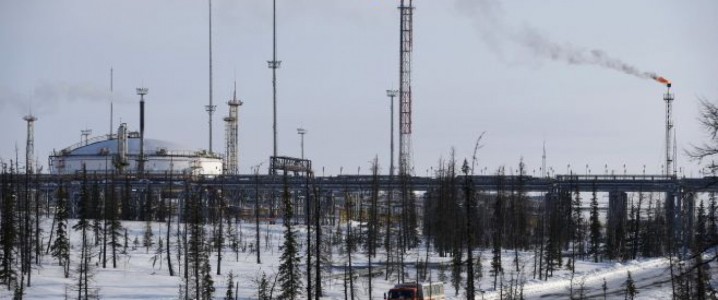Russian’s oil and gas revenues dip by 24% in 2023
The decline was the result of lower oil prices compared to 2022, lower prices for Russia’s flagship crude grade Urals in early 2023, and lower natural gas prices and exports, the Russian finance ministry said in its preliminary estimate on the 2023 budget performance.
Russia’s oil and gas revenues slumped by 23.9% last year compared to 2022 as lower oil prices and reduced pipeline gas exports weighed on budget income from fossil fuels, Russian Finance Ministry data showed on Thursday.
Russian revenues from oil and gas fell to $99.3 billion (8.822 trillion Russian rubles) in 2023, down by 23.9% on the year. The decline was the result of lower oil prices compared to 2022, lower prices for Russia’s flagship crude grade Urals in early 2023, and lower natural gas prices and exports, the Russian finance ministry said in its preliminary estimate on the 2023 budget performance.
Earlier this week, the ministry said that the average price of Urals was $62.99 per barrel in 2023, compared to $76.09 a barrel in 2022.
In December, the price of Urals averaged $64.23 per barrel, higher than the $50.47 a barrel average price in December 2022, the data showed.
The price of Urals exceeded the Western cap of $60 per barrel in the late summer of 2023 when international benchmarks rose. The price cap of $60 a barrel was set by the G7 and the EU if Russian crude sold to third countries uses Western insurance and shipping.
Yet, the lower average price of Russian crude in 2023 compared to 2022 weighed on Moscow’s budget revenues last year.
Reduced natural gas exports via pipelines to Europe also weighed on budget revenues.
Gazprom’s pipeline natural gas exports to Europe slumped by 55.6% in 2023, after Russia cut off supplies to several EU countries and Nord Stream was blown up in the Baltic Sea at the end of 2022.
Russia’s daily gas volumes via pipeline to Europe plummeted to 77.6 million cubic meters in 2023 from 174.8 million cubic meters in 2022, according to estimates by Reuters based on data from European gas transmission group Entsog and Gazprom’s daily reports on transit via Ukraine.


